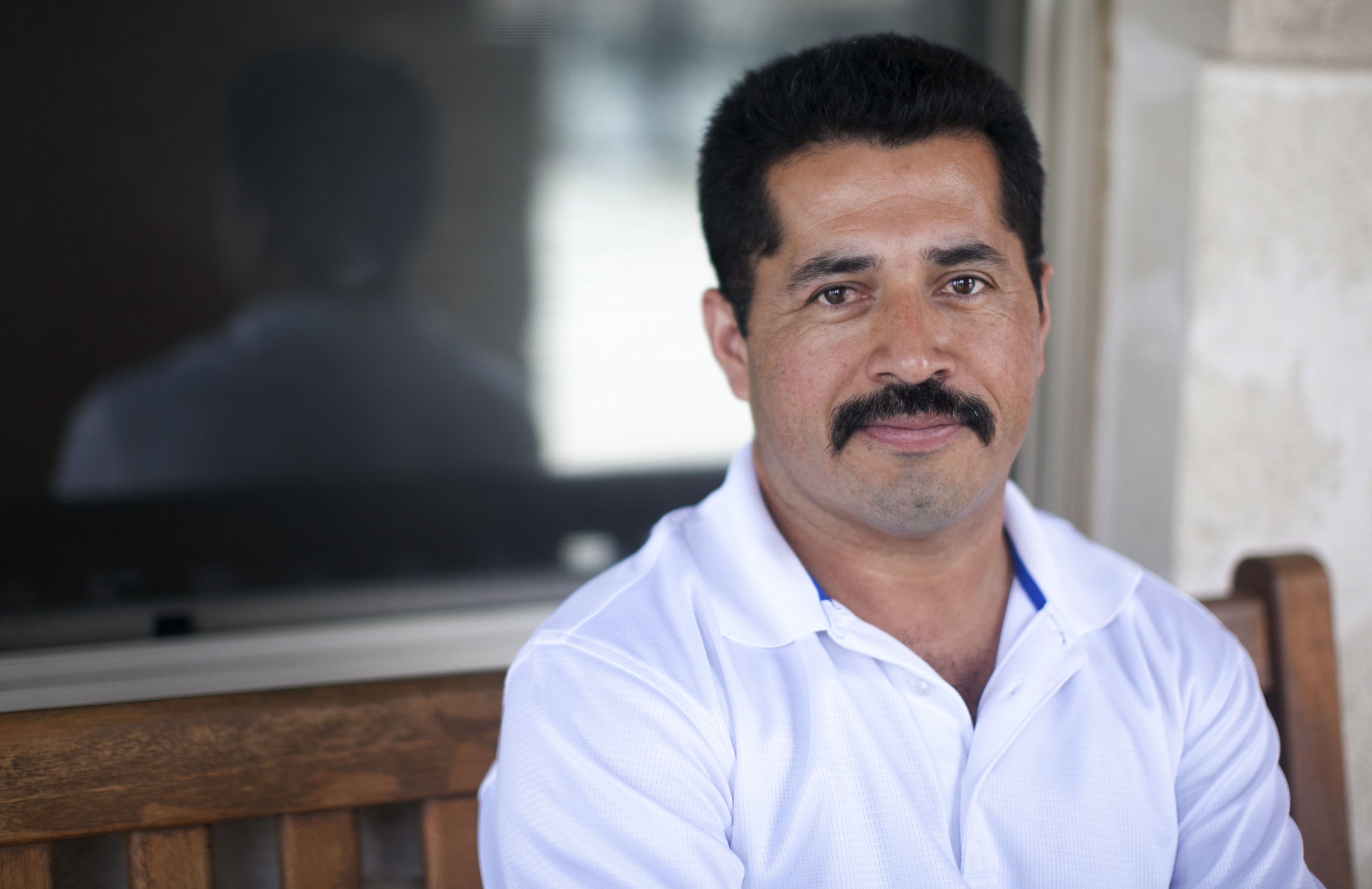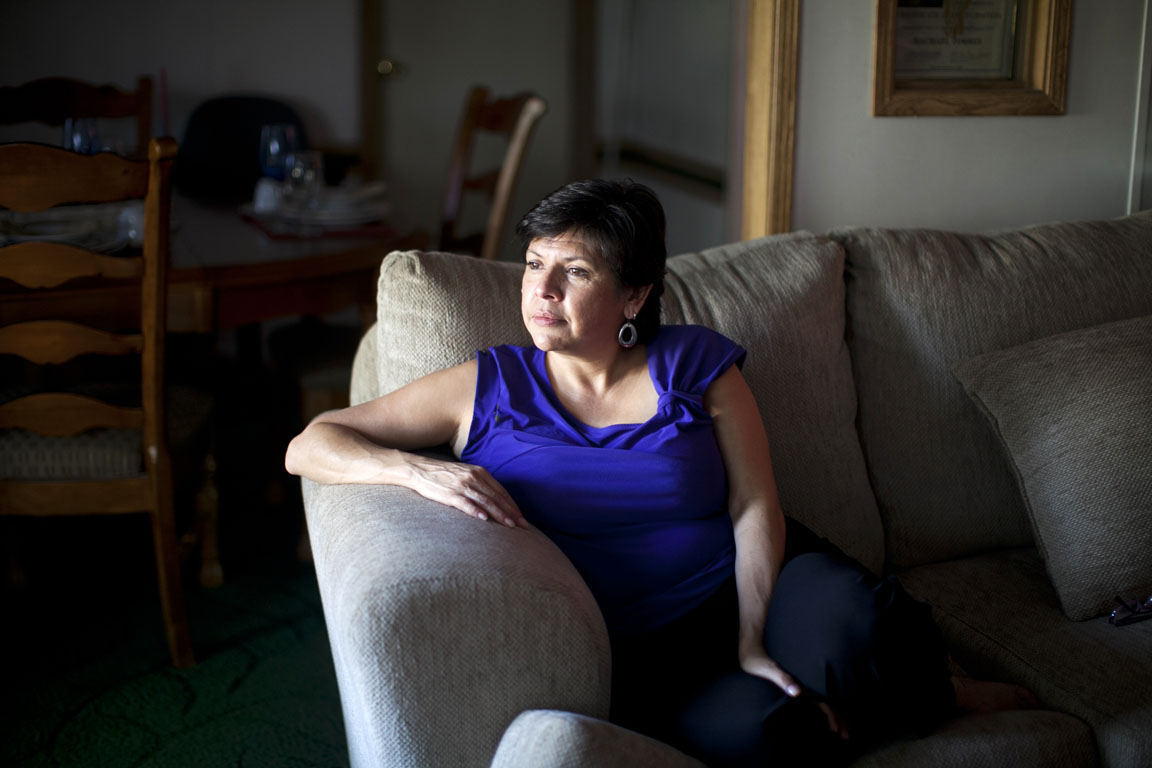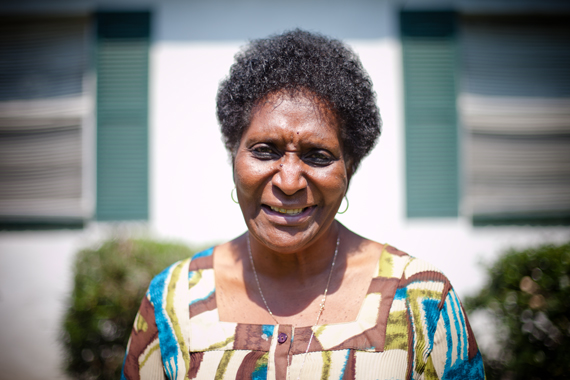Nothing like the nation’s birthday week to get
voters interested in political affairs.
There’s a closely watched presidential election
this week for the U.S. southern neighbor Mexico, and
it is important for several reasons. The liberal
Institutional Party of the Revolution is widely
expected to return to power after 12 years of
conservative rule; the election includes Mexico’s
first major female candidate for president, and
Mexico is one of America’s most important trade
partners.
But this morning on Twitter and Facebook, American
voters are making connections between Mexican
election laws that require voters to use a federally
provided photo ID and U.S. Department of Justice
legal challenges to state laws requiring such IDs at
the polls.
Mexican elections have a much more complicated
history of voter suppression and election fraud,
reports suggest, but it is interesting to see these
kinds of cross-continent connections. The 2006
Mexican presidential election was decided by fewer
than 300,000 votes, leading to widespread allegations
of election mischief.
Even more, a purported video example of election
fraud has exploded on Facebook, giving election wonks
and fraud opponents everywhere something to chew.
What We’ve Been Reading
“20 Years of Registering Voters in
High School!” (League of Women Voters, 07/02)
“Mess in Texas,” (Bill Buck,
07/02, CBS Atlanta)
“Lehman declared winner in Senate
recall,” (Todd Richmond, 07/02, Associated
Press)
“Charges of voter suppression in
Rangel primary election,” (Eric Shawn, 07/02,
FOXNews)
“PICKET: Mexico’s poll workers ask
voters for ID at polls,” (Kerry Pickett, 07/01,
Washington Times)
“LETTER: US DOJ to Bancroft PLLC,”
(Thomas E. Perez, 06/29, via Election Law
Blog)
“Planned
Detroit-to-Lansing protest march opposing emergency
manager, voting laws,” (Kathleen Gray, 07/02,
Detroit Free Press)
Twitter Trends
As we mentioned, some of the biggest social media
buzz today comes in the form of American users
drawing attention to alleged instances of voter
suppression in the Mexican general election.
According to social media search engine Topsy.com, the Mexican election is
making big waves, especially in relation to News21
daily general search terms “voter ID” and “voter
suppression.”
Social media encourages a chorus of anger, meaning
that upcoming state primaries in some key
presidential states — North Carolina and Michigan
prime among them — might spark some new calls for
stronger ballot protection initiatives and insidious
suggestions of voter suppression.
For more contributions to social media, be sure to
follow us @WhoCanVote. And remember to
follow @MichaelCiaglo and @AndreaRumbaugh, who are reporting from
Florida this week.



